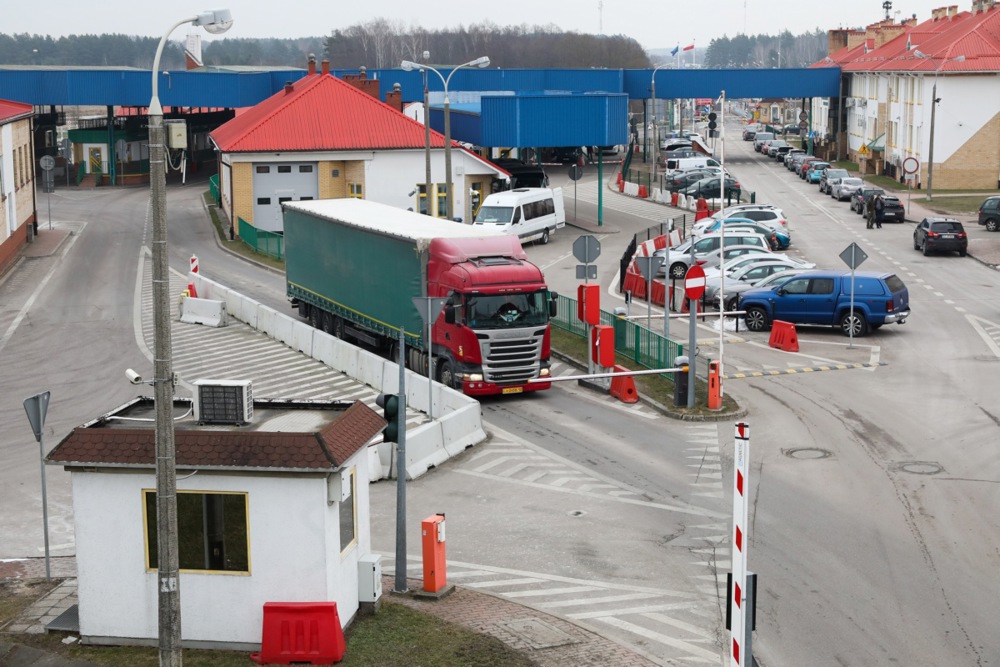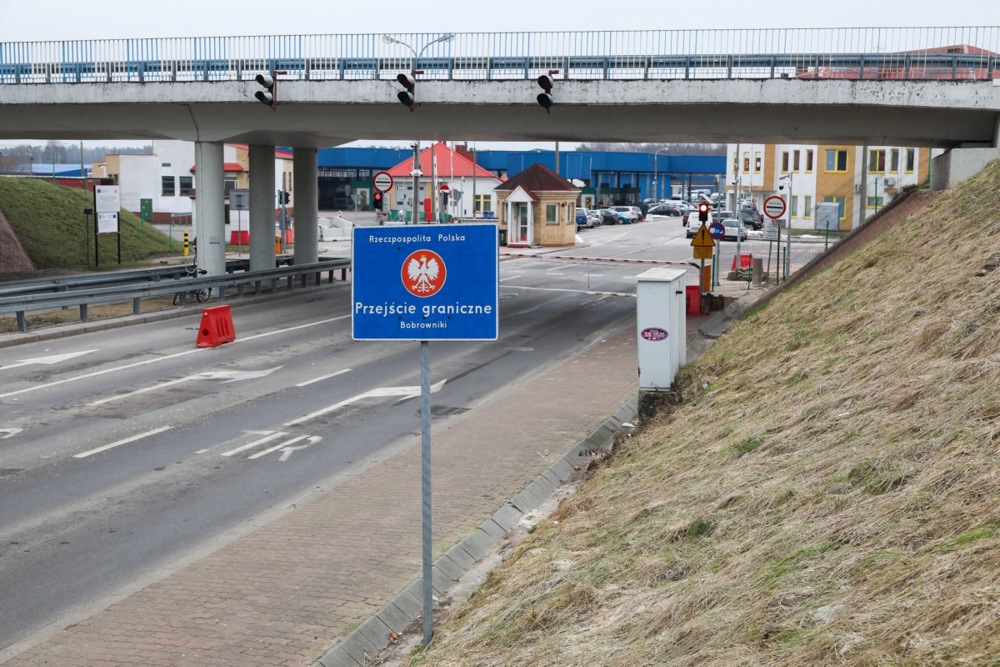Just three weeks ahead of Poland’s general election on October 15, both Germany’s Chancellor Olaf Scholz and its interior minister Nancy Faeser have signalled that Berlin will reintroduce border controls on its frontiers with Poland and Czechia.
The situation has arisen because Germany claims that hundreds of illegal migrants are getting through the border with Belarus or travelling via the Balkans and into Germany.
As Poland, Germany and Czechia are all part of the Schengen Area there are presently no border checks between them.
Still, European Union legislation envisages the possibility of temporary reintroduction of border controls by individual Member States in exceptional circumstances.
The German states of Brandenburg and Saxony, which border Poland and Czechia, have for some time been calling for a return to border controls, as has the main opposition party, the CDU.
On September 20, Faeser conceded that, to combat people-smugglers, Berlin may have to reintroduce border controls.
In a German newspaper interview on September 23, she confirmed that controls were being planned and were likely to be introduced.
She also said she hoped that, as is the case with Denmark and Switzerland, both Poland and Czechia would allow German officers to operate on their territory in an effort to prevent illegal border crossings.
Later the same day, Scholz, speaking to reporters, also signalled that the reintroduction of border controls may be imminent. He said he did not want “Poland to simply let migrants through while Germany discusses its asylum policy”.
“In my opinion, everyone who enters Poland must be registered there and file for asylum.”
As recently as May of this year, Faeser had agreed with Poland’s interior minister Mariusz Kamiński that there was no need to reintroduce border controls given Polish efforts to combat illegal migration.
Norbert Maliszewski, the minister who heads the Polish Government’s policy unit, told Brussels Signal: “Chancellor Scholz seems to be trying to deflect from his own domestic problems with migration caused by the policies Germany has followed in the past by blaming Poland, a country which has tackled the problem of illegal migration head on.”
The Polish authorities reacted strongly after a surge in illegal crossings on the border with Belarus and built a wall and an electronic barrier designed to stop the flow of those migrants.
Despite that, data from German federal police show that around one quarter of the 36,000 illegal arrivals into Germany between January and May 2023 came from Poland.
In August, the Polish Border Guard revealed that Germany has so far this year requested the return of almost 3,400 foreign nationals to Poland because they first entered the EU via the Polish border.
A recent ruling by the Court of Justice of the European Union has questioned attempts to return migrants to the EU country at which they arrived.
On September 22, Brussels Signal reported a court ruling stating that, under an EU directive, any return decision cannot be taken arbitrarily. In addition, migrants must be given time to leave the country they arrive in voluntarily with any forced removal being the weapon of last resort rather than an automatic choice.
The Germans are also concerned about reports in Poland’s media of Schengen visas given by Polish consulates outside the EU being secured via illicit payments. Scholz has said Poland should not simply “sweep the issue under the carpet”.
The Polish Government has stated that the matter has been investigated in a corruption probe, with several arrests made and that the number of visas issued irregularly was just over two hundred and not the thousands being claimed by the media.
Polish foreign minister Zbigniew Rau said on September 25 that Germany having now raised the issue publicly was tantamount “to interference in Poland’s election”.
Migration and Poland’s relations with Germany are key issues in the Polish general election. The ruling conservative PiS has accused Berlin of siding with the liberal opposition led by Donald Tusk.





